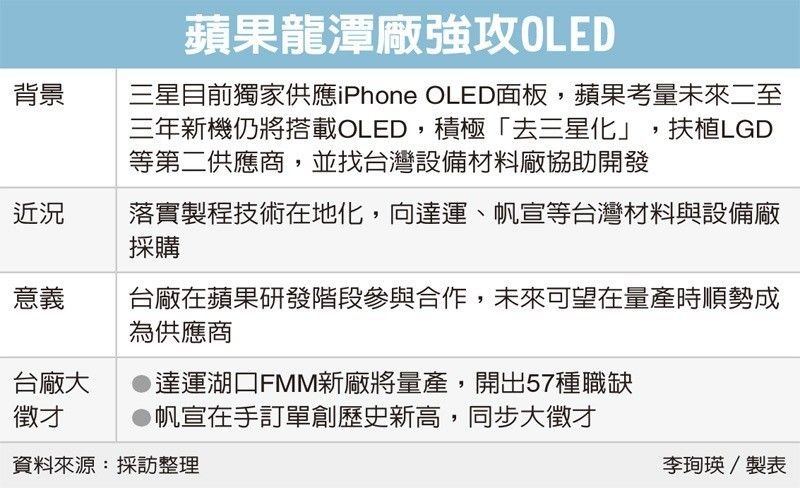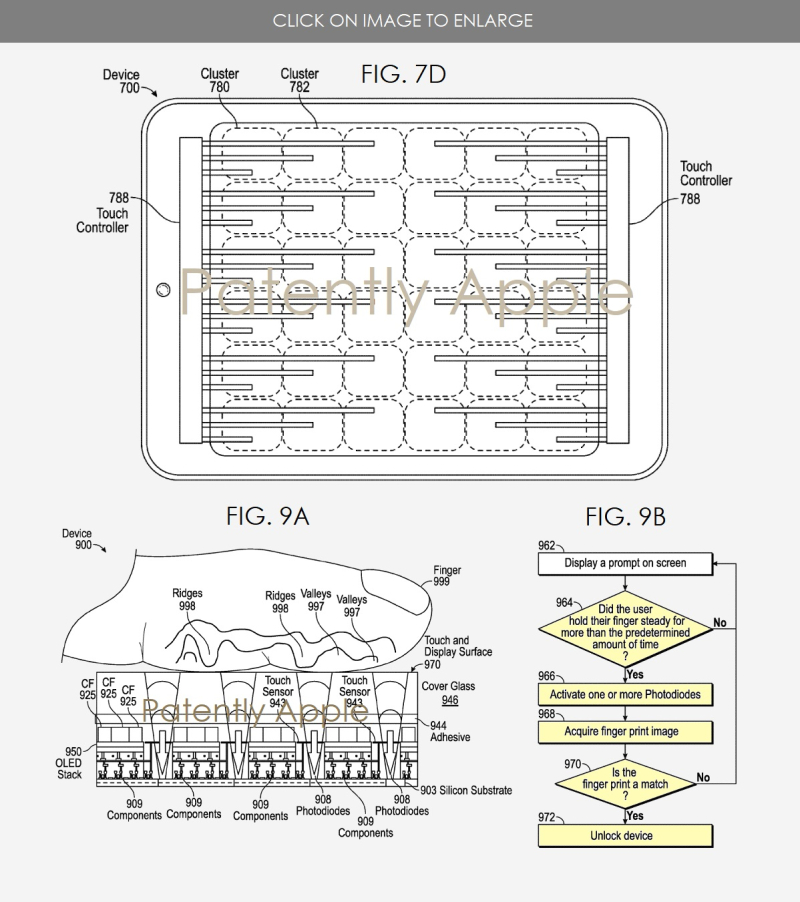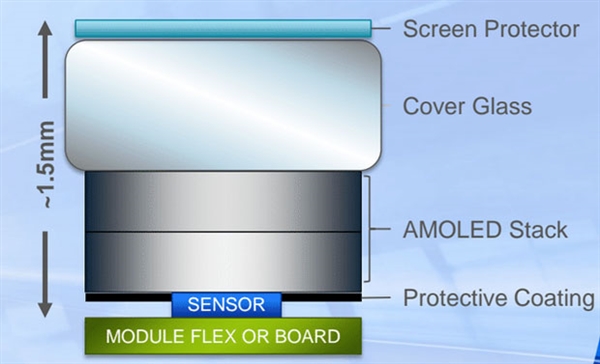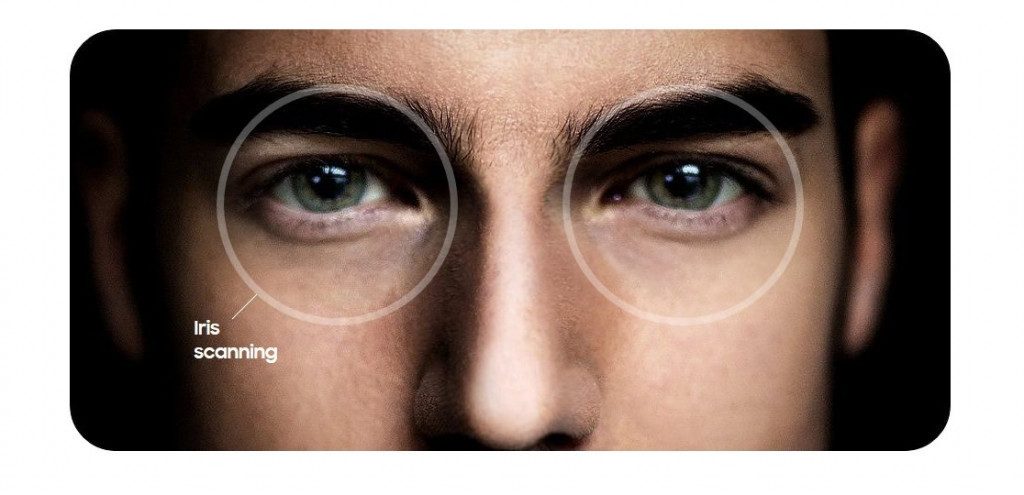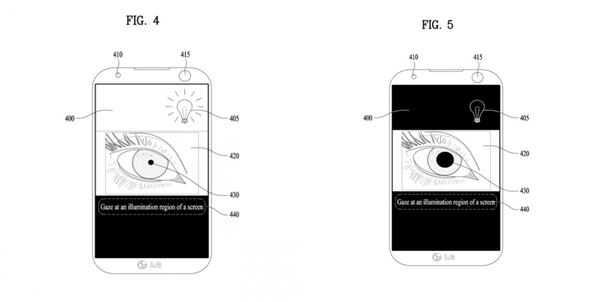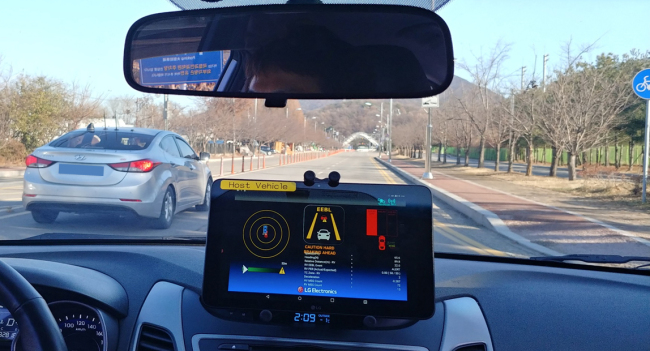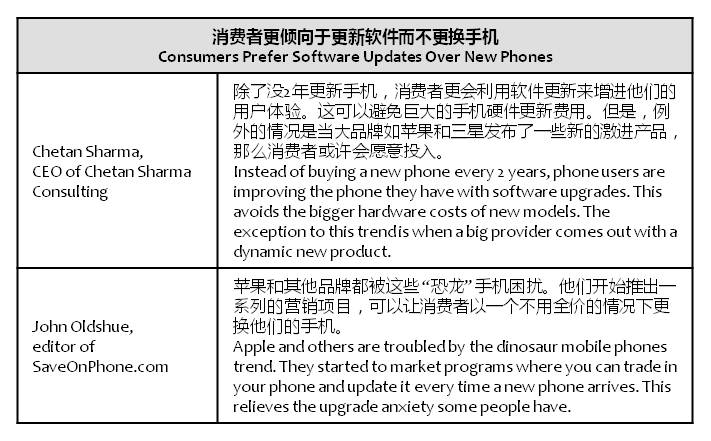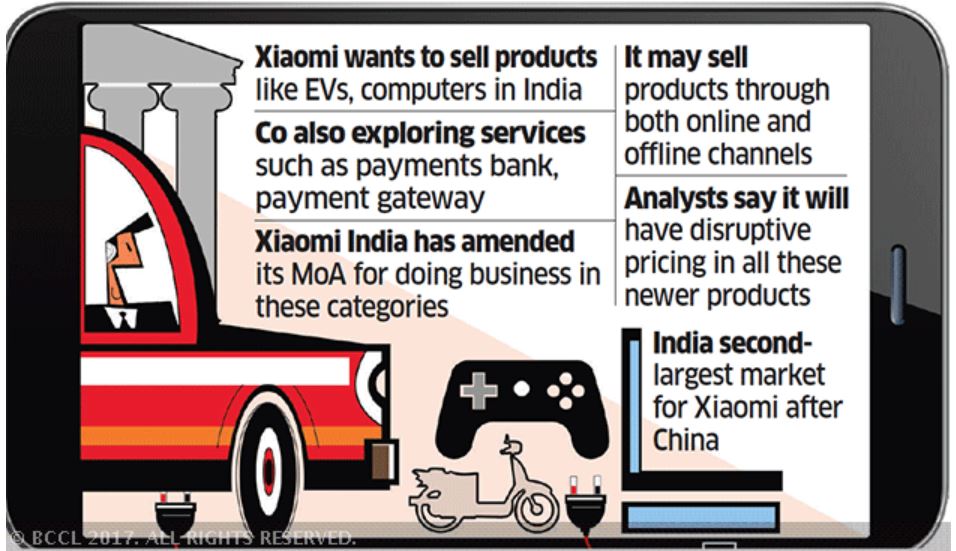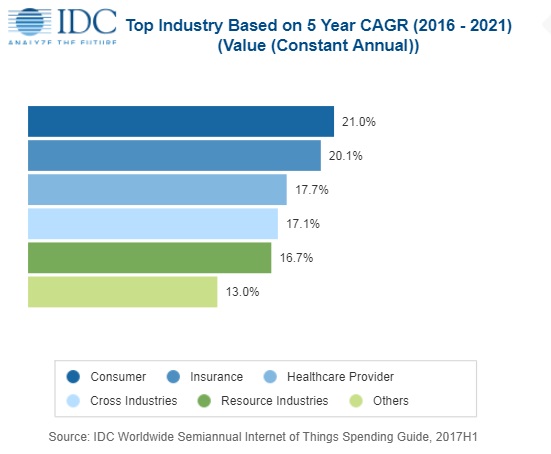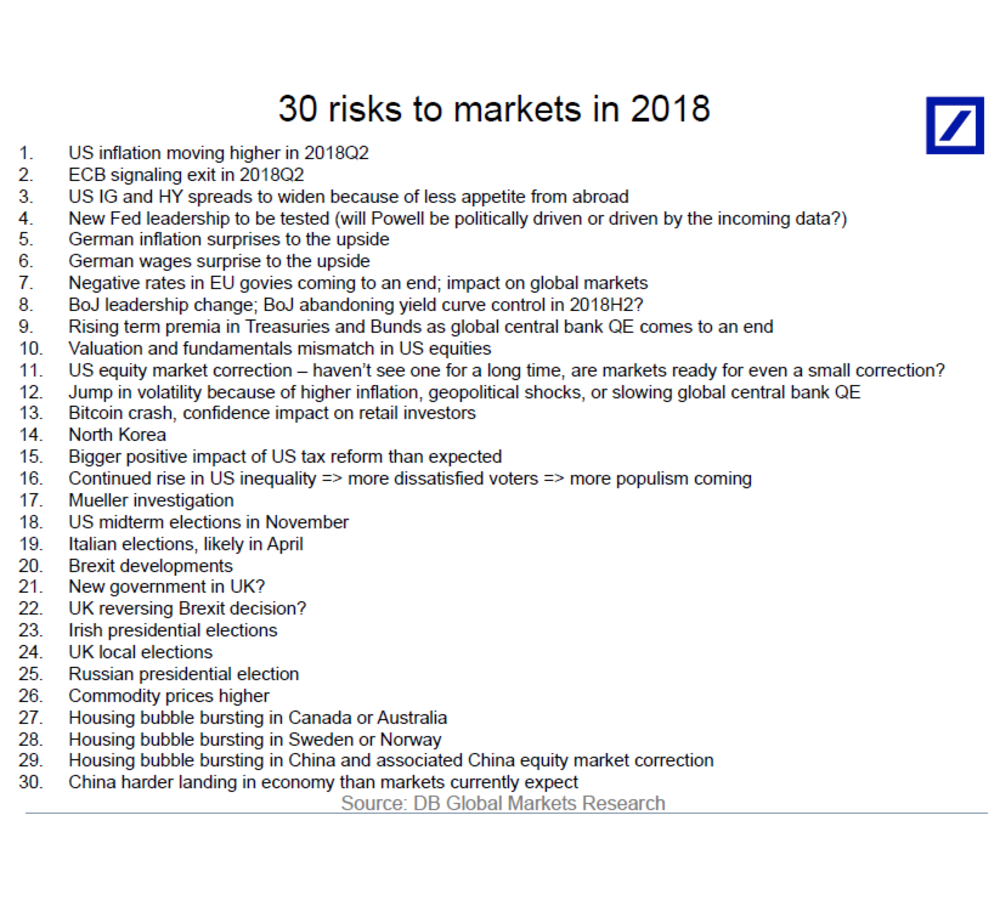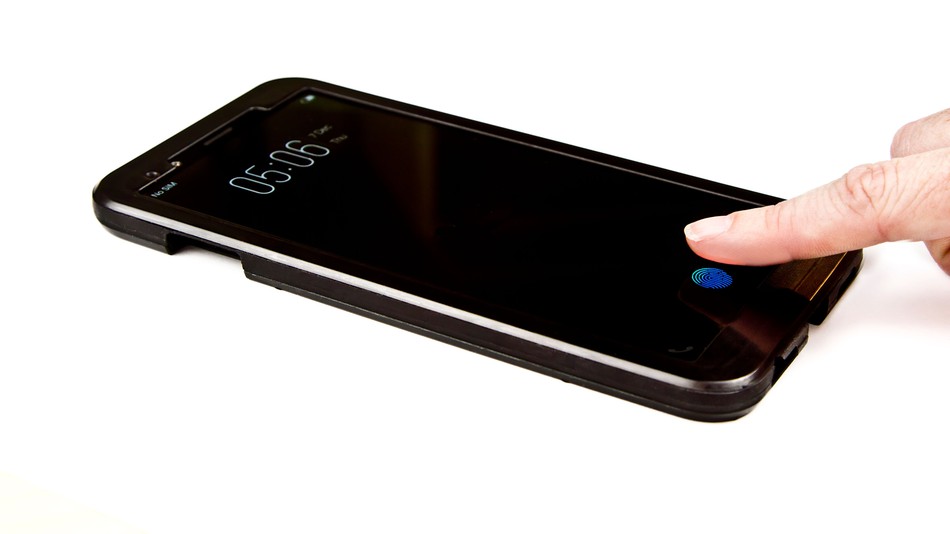
12-12: Synaptics has announced in-display fingerprint sensors; LG and Samsung will have their iris scanner on their flagships in 2018; etc.
Touch Display
Apple is aggressively looking for OLED resources, looking at Darwin Precision and Marketech International to secretly plan development. Darwin will provide the OLED key material FMM, which can be only supplied by 3 providers worldwide; while Marketech is responsible for PI and clean room. (Laoyaoba, UDN)
Google is working with Sharp on a 20MP per eye micro display for use with augmented reality and virtual reality devices, according to a keynote delivered by Google VR / AR SVP Clay Bavor. The LCD display they are working on is capable of 90-120fps, refresh rates usually associated with OLED displays. (CN Beta, Android Headlines, Road to VR)
Biometrics
The patent issued to Apple relates to a next-gen integrated silicon-OLED display and touch sensor panel stackup configurations that can be used in portable electronic devices. Forming the OLED stack and touch sensors on a Silicon substrate can allow for an extremely high number of pixels per inch. The additional components can improve the functionality of the device by consuming less power, enhancing touch sensitivity, and enhancing fingerprint detection capabilities. (My Drivers, Patently Apple, Laoyaoba)
Synaptics has announced in-display fingerprint sensors. The new “Clear ID FS9500” fingerprint sensor is designed for smartphones with near-bezel-free displays, and provides fingerprint authentication on demand completely within the (OLED) display panel itself. (Android Central, WCCFTech, iFeng)
The iris scanner of Samsung’s upcoming flagship smartphone Galaxy S9 reportedly will be improved to 3 megapixels from 2 megapixels of Galaxy S8 and Galaxy Note 8 to capture clearer images. This is a a step that the firm hopes would solidify its lead in biometric verification technology for banking transactions. (Android Headlines, Korea Herald, CNET, Sohu, CN Beta)
A new patent which is reportedly filed by LG suggests that the LG G7 and other LG phones coming later in 2018 and beyond will feature an advanced iris scanning technology that seems to do more than just unlock the phone. The advanced iris scanner technology module can function both a front-facing camera and an iris scanner with the aid of some filter-changing mechanism which makes it possible to switch between the regular and an infrared light when needed. (Korea Herald, First Post, GizChina, CN Beta)
Connectivity
LG Electronics has succeeded in demonstrating safety technologies for autonomous driving using its long-term evolution-based vehicle-to-everything technologies. The LTE-based V2X safety technology was recently demonstrated on public roads in Gwacheon city. (Laoyaoba, Korea Herald)
Smartphones
As Apple iPhone 7 has reached a sweet spot of pricing, Apple reportedly has increased orders on its supply chain, aiming to sell additional 20M units in 1H17. (Laoyaoba, UDN)
Apple has announced the acquisition of Shazam, noting that Shazam has consistently been one of the most popular applications available to download on the iOS App Store. The company said that Shazam boasts hundreds of millions of users around the world on multiple platforms. (Apple Insider, Buzzfeed, Leiphone, Huanqiu)
According to Jan Dawson, founder and chief analyst of Jackdaw Research, “We all know people still carrying around a 4- or 5-year-old smartphone and see no reason to upgrade.” He also notes that customers who used to change phones every couple of years “are starting to change their behavior.” (NY Post, Ubergizmo)
Meizu is reportedly gearing up to launch 6 new smartphones by the end of Jun 2018. Meizu is allegedly planning to ditch MediaTek, and stick with Samsung’s Exynos, and Qualcomm’s Snapdragon chips instead. (Android Headlines, Sohu, Sina)
OPPO has been given green clearance to set up a mobile manufacturing unit in Greater Noida at a cost of INR2,200 crore. The Union Environment Ministry has granted the environment clearance to its Indian subsidiary OPPO Mobiles India Pvt Ltd for the proposed project. (GizChina, NDTV, Economic Times, Huanqiu, Guancha, People)
Huawei will allegedly enter the US smartphone market early 2018 with the help of the country’s second largest carrier, AT&T, with its Mate 10 or Mate 10 Pro. Huawei is also currently negotiating with the country’s largest carrier, Verizon Wireless. (Phone Arena, ET News, WCCFTech, Android Headlines)
According to Xiaomi’s filing with the Registrar of Companies (RoC) in India, Xiaomi said it can potentially sell “all types of vehicles for transport, conveyance and other transport equipment, whether based on electricity or any other motive or mechanical power, including the components, spare parts”. (CN Beta, Money Control, Digit, Zeebiz, Economic Times)
Wearables
Shipments of Apple Watch Series 3 are expected to surge 20% on year to reach 23M~25M units in 2018, which will greatly benefit Taiwan players in the supply, particularly backend packaging and testing service providers, according Digitimes. In Nov 2017, ASE affiliate Universal Scientific Industrial saw monthly revenues jump 23.89% YoY to USD482.81M, allegedly because of system-in-package (SiP) orders for the Series 3. (Digitimes, press, Apple Insider, Tencent, Sina)
Internet of Things
Worldwide spending on the Internet of Things (IoT) is forecast to reach USD772.5B in 2018, an increase of 14.6% over the USD674B that will be spent in 2017. IDC forecasts worldwide IoT spending to sustain a compound annual growth rate (CAGR) of 14.4% through the 2017-2021 forecast period surpassing the USD1T mark in 2020 and reaching USD1.1T in 2021. (IDC, press, Android Headlines, 199IT)
Microsoft has announced an expansion to its AI for Earth program, committing an additional USD50M to organizations that are working to solve the climate change crisis. (VentureBeat, CN Beta, Microsoft)
Fintech
A “Bitcoin crash”, rising inflation, danger from North Korea and results from special counsel Robert Mueller’s investigation of Russian meddling with the 2016 presidential election are among 30 risks for financial markets in 2018, according to Deutsche Bank. The risks could boost market volatility and cause growth that is faster or slower than the German bank previously forecast, wrote Torsten Slok, the company’s chief international economist. (CN Beta, Bloomberg, Coin Telegraph, Fortune, USA Today, CNBC)
